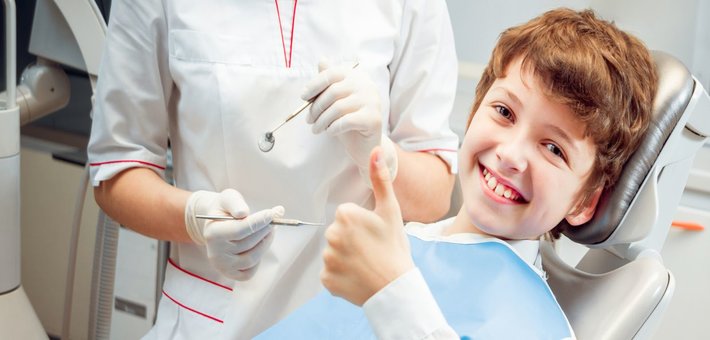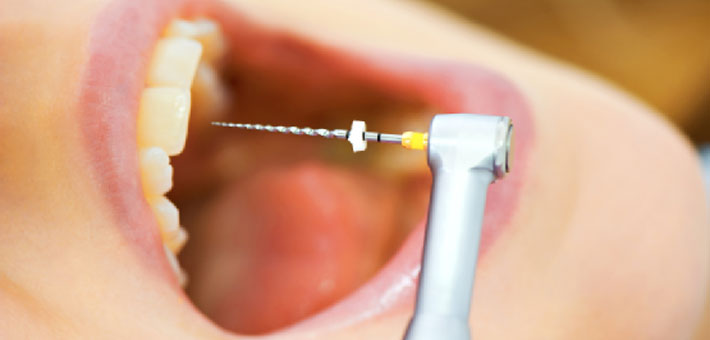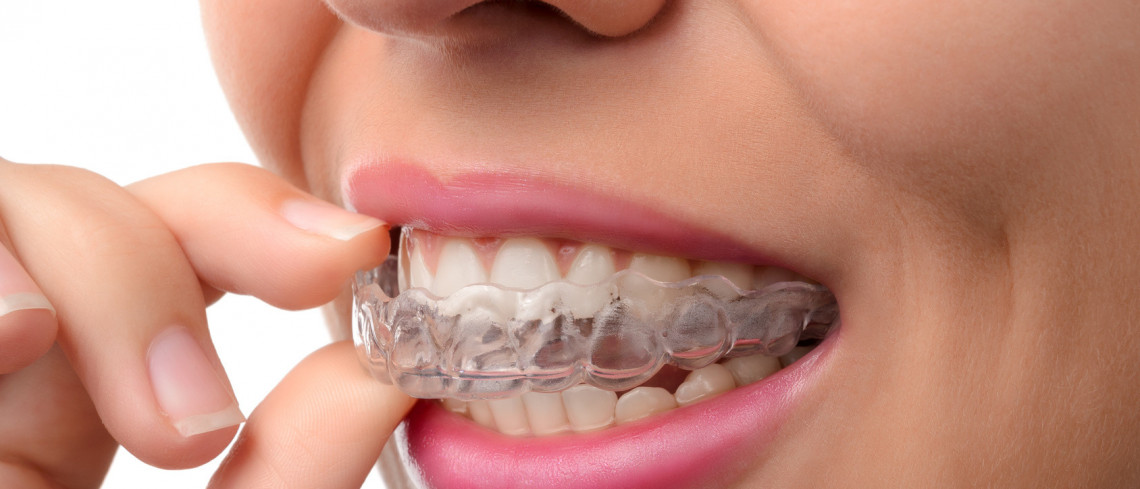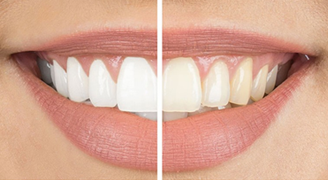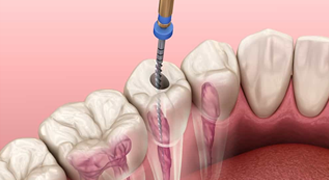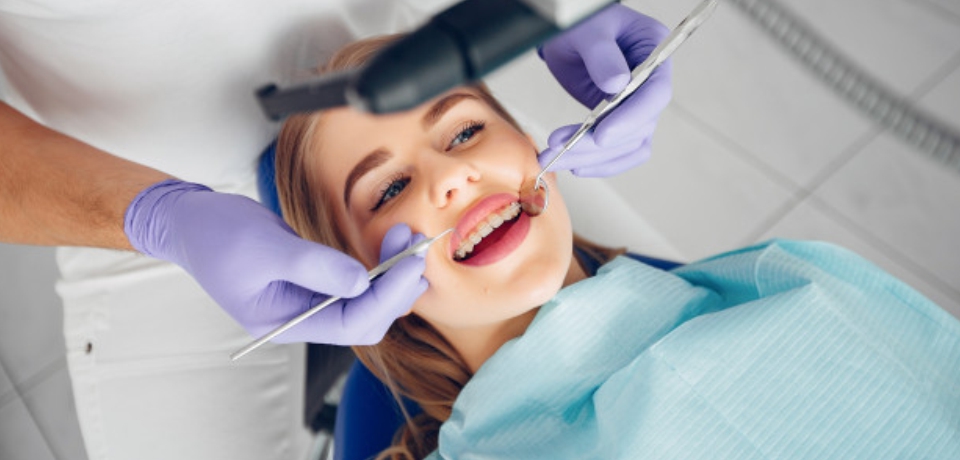A pediatric dentist is a dentist that takes care of children from infancy through their teen years.
The various treatments that a pediatric dentistry office offer can include:
- Oral health screening for infants
- Prevention Dental care that includes fluoride treatments, cleanings and diet and nutrition information.
- Counselling for habits such as thumbsucking, pacifier use, etc
- Repairing defects or tooth cavities
- Treatment and early assessment for improper biting correction, teeth straightening

Pediatric Dentistry deals with oral health of children. It is very essential to maintain proper oral hygiene in children, if ignored can lead to dental conditions and problems in the later years. It is very important to teach your children to maintain proper oral health by brushing teeth and to avoid foods rich in sugars (sticky carbohydrates). They need to visit the dental clinic for routine checkups atleast once in 3 months. Dental diseases can be controlled better if they are detected early.
One of the major aims of pediatric dentistry is prevention of tooth decay. Pediatric dentistry places more emphasis on the relationship between the dentist and patient. That is to understand the child’s psycology to treat them.
Dental Sealants:
Dental Sealants or Tooth sealants are plastic coatings that protect the chewing surfaces of teeth from bacteria and plaque that cause tooth decay. These are mainly applied to grooves of your back teeth premolars and molars where the decay occurs frequently. These when bonded make the surface smooth hence easy to maintain.
Application process may take only a few minutes and may remain intact 5-10 years. Sealants come in different shades such as white, coloured,etc.
Therefore sealants are a preventive filling whereas a dental filling is a treatment carried out after the tooth is damaged because of tooth decay.
Sealants are not a replacement for fluoride.

Topical Flourides:
Flouride in water is a good topical for teeth. Flouride is absorbed in our bodies from the water we drink and is incorporated into our saliva. Our saliva with its fluoride hardens the enamel continuously. Tthis process is known as remineralization.
Children’s diet contains more sugary foods that cause tooth decay. Also it can be expensive to do dental treatment and the teeth will last many years. If fluoride is applied correctly and in proper amount it can make teeth healthy.
Dental application of topical fluoride gel or varnish can help remineralise the white spots on teeth hence inhibit the progression of decay. It is applied in office after scaling and polishing. It is recommended to avoid eating for 30 minutes and avoid brushing for 6 hours after application.
Overflouridation if caused due to excess water fluoride content and fluoride pills can cause pitting and discolouration of teeth called Flourosis.


Conscious Sedation:
Conscious sedation produces a minimally depressed level of consciousness state in which patient is able to maintain his normal physical activity, verbal activity and breathing continues. This provides a feeling of complete relaxation to the dental patient undergoing treatment. Nitrous oxide is titrated with oxygen for inhalation through a mask. This is given for children who are apprehensive and the treatment less stressful.

About Author:
Crossroads Dental Clinic is one of the most modern clinics in Dubai and the best dental clinic in Deira having highly experienced and professional dentists. Our services include from Orthodontics to modern cosmetic dentistry like Wisdom teeth removal, braces, veneers, dental implants and Invisalign dentist services. Looking for the best dentist in Dubai for your dental concerns? Well, you found us now. Visit our Clinic near Deira City Centre and we make sure you get a world-class and painless dentist experience at the best cost in Dubai.
